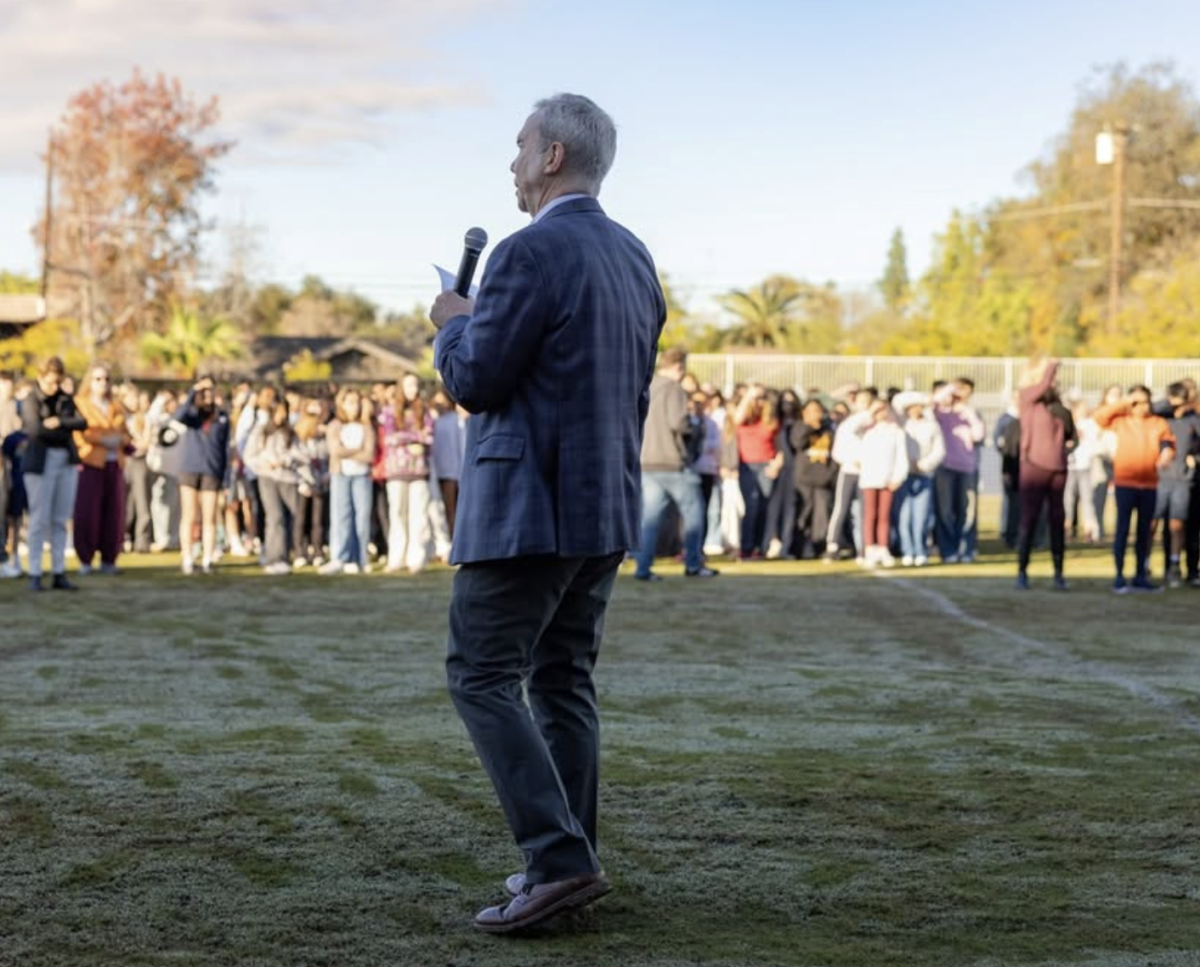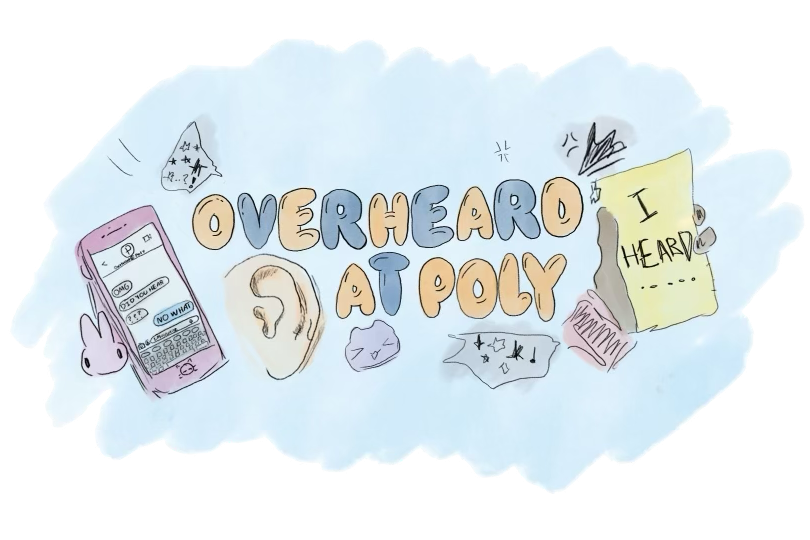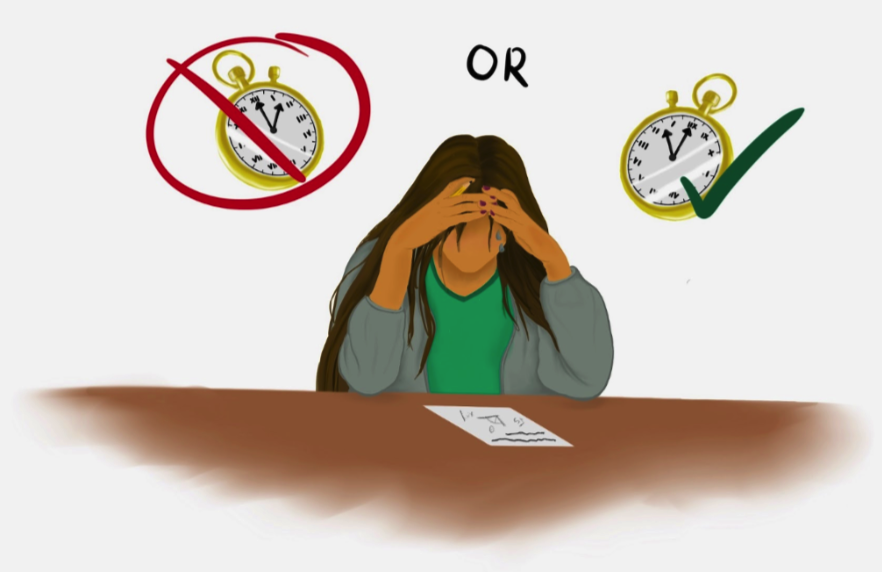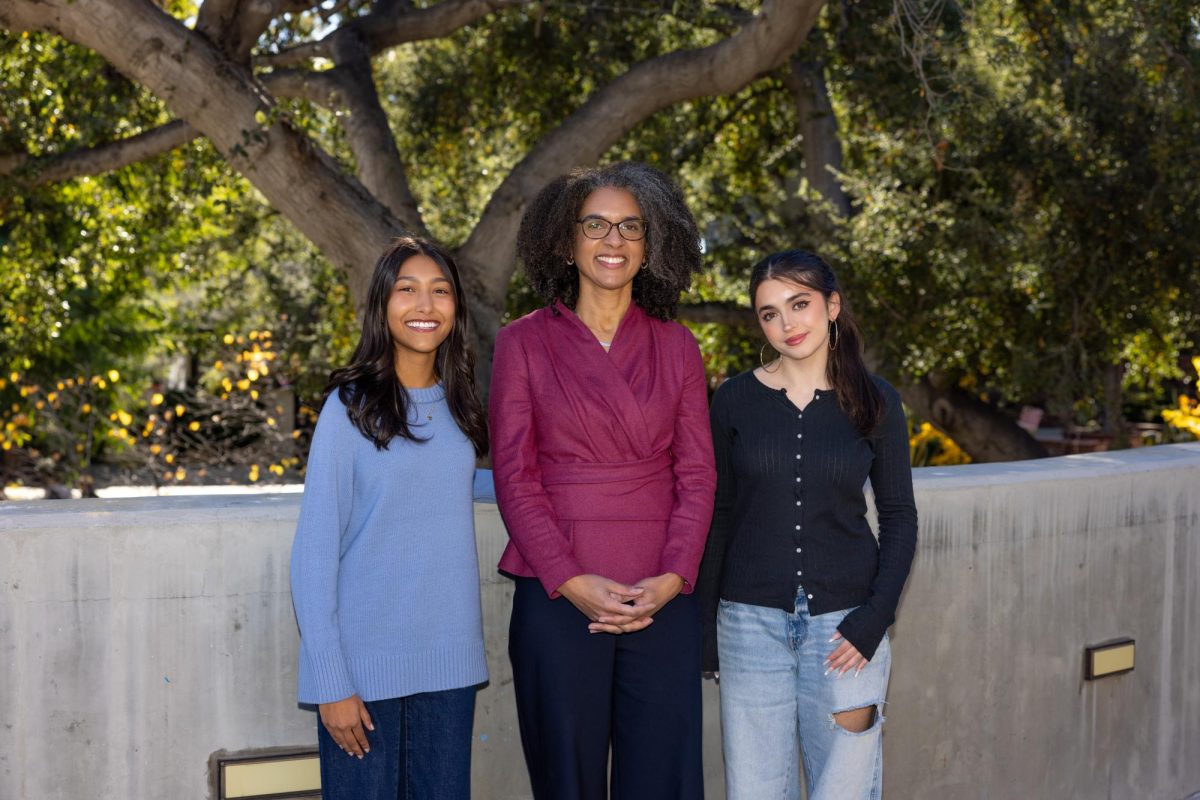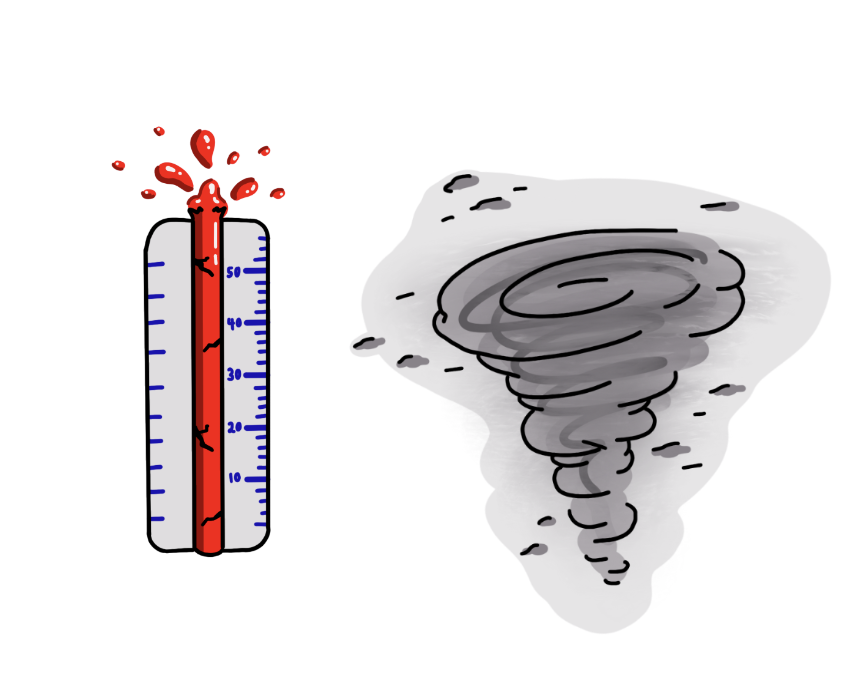This past July was the hottest month on record since 1880. Although more people are prioritizing climate action, we are already witnessing the irreversible effects of climate change. Increasing frequency and severity of natural disasters are one of the deadliest consequences of rising climate instability, along with a drastic decrease in water access and quality. As nature and people alike are pushed beyond their abilities to adapt, over 40 percent of the world’s population stands “highly vulnerable” to climate change, according to the UN. But why is this happening? Why haven’t we solved this deadly global crisis when so many are suffering?
The answer lies in our school systems. As Nelson Mandela famously declared, “Education is the most powerful weapon which you can use to change the world.” The problem is that youth simply aren’t educated about climate change. According to the Pew Research Center, only about half of Americans believe climate change is a pressing issue. In order to raise awareness of the deteriorating state of our only planet, we need to start by educating our youth.
Namely, we need to create mandatory climate-friendly policies in all California schools. Teaching about the effects and solutions to climate change promotes greener campuses, eco-friendly school programs and an overall reduction of greenhouse gas emissions from schools statewide. Most importantly, laws like this would educate the most affected population: kids.
California schools are the ideal place to implement climate-friendly school laws. Because California’s population towers over any other state, a mandated school program in California would reach the most students. These students can educate their adult family members, and when they become old enough to vote, they can directly influence climate change policy.
Ideally, policies in schools would include education curriculums, composting systems, no-waste programs and other proactive ways of reducing a school’s footprint. Poly already has a number of programs such as middle school block options, upper school GIP classes, a sorting and composting program, and significant experience opportunities that educate students on climate change and demonstrate climate action.
Freshman Audrey Ma, who works on Poly’s schoolwide sorting and composting program, supports a recently enacted law that mandates the sorting of organic waste in California, SB 1383, but acknowledges its shortcomings: “The problem with this [kind of] policy is education. I think that the policy is only one part of the effort — the administrators, staff, and students at schools have to be properly educated on the ‘how’ and ‘why’ in order for sorting to work.”
However, lack of school funding and poor resource management poses a big threat to the success of such programs. Many schools in California do not have the resources that Poly does to implement and enforce climate-friendly programs in their schools themselves, so they must receive approved funds from the state government. On the flip side, the money and lives saved from the reduction of natural disasters, a more educated upcoming generation, and global climate stability would eclipse any short-term financial or political drawbacks coming from these educational programs.
Not only would climate-friendly policies help the school, but it would also help the children, their families, our state, our country and our world as a whole. Just having these laws set programs in schools will inevitably promote greener workspaces and businesses throughout the state and, eventually, the nation.
Change won’t happen unless we are willing and able to take a step in the right direction — and that starts with education.

